The Meetings Industry in Zambia
On the 12th of February 2022, Zambian Minister of Tourism, Hon. Rodney Sikumba MP led the Walk for the Love of Tourism. The Walk was a pan-African private sector-driven initiative that co-occurred on the continent to create awareness about the actual impact the COVID-19 pandemic had on the tourism ecosystem and to recognise the sector’s economic impact on Zambia’s people, businesses, communities and economy.
The Walk for Zambia didn’t feature the traditional conversations about its natural sites. The Walk took place between the Mulungushi International Conference Centre and the Addis Ababa Roundabout in Lusaka. The route was strategically selected to highlight the business tourism sector; both locations are local heritage sites for the transition of the Organisation of African Unity to the African Union.
Zambia, an internationally recognised destination for leisure tourists and thrill-seekers, is blessed with a unique geographical landscape and many natural attractions that fascinate visitors from across the globe. Zambia had long focused on the growth and promotion of leisure tourism and often marginalised business tourism, an industry comprising of meetings, incentive travel, conventions and exhibitions (trade shows, festivals, sports and, in certain instances, weddings). The sector commonly referred to as MICE or the business events industry is a multi-billion-dollar industry that has dramatically evolved over the last decade, stimulating economic growth and job creation.

Over recent decades, the MICE industry has become essential to national economies. It is a significant and growing component of tourism and other related sectors, yet little reliable and consistent data exist in the region about its full impact. The lack of researched evidence of the effects of the business tourism and the events industry across most African countries, Zambia included, has presented significant challenges when engaging policymakers and other decision-makers in the quest to help the industry recover in the post-COVID era. With its many negatives, the COVID-19 pandemic has single-handedly provided a unique business case for why Zambia needs to urgently re-align the business tourism agenda with its national development agenda.
Until the pandemic, MICE activities and the business tourism arena, in general, went unnoticed. Zambia is now slowly inching toward becoming a significant MICE destination. In the past, Zambia and Lusaka, in particular, provided a safe haven for conversation among political opponents that led to significant strides in the future of many countries in the region. Today, Zambia has built an impressive track record as a destination of choice for many private and public regional and continental conversations.
The United Nations World Tourism Organisation (UNWTO) General Assembly that Zambia and Zimbabwe co-hosted in 2013 was the first high-level meeting that Zambia competitively bid to host. This speaks volumes about the goodwill of the destination. However, research has shown that most previously held events were based on rotational membership hosting obligations.
Later this year, Zambia will be hosting the African Union meeting at its impressive newly built structure, the Mulungushi International Conference Centre (the recently completed Kenneth Kaunda International Conference Centre), to accommodate the high-level conversations among the heads of states in attendance. The new building is an excellent addition to Zambia’s destination profile, allowing it to host more significant events than ever. Zambia now has the critical infrastructure to make it a contender of note in the region for MICE and business tourism. Owed to the recent development of new and refurbished airports, improved road networks and increased meeting infrastructure in Lusaka, Livingstone, Kitwe and Ndola.
To understand the impact of MICE and the business tourism sector, we need first to understand its ecosystem that includes bed space, restaurants, agro-producers, caterers, transporters, printers, shopping, arts, crafts, entertainment, nightlife, connectivity providers, financial services providers, florists, and specialised services like audio-visual and professional conference organisers (PCOs). It is easy to see how a consistent growth-centric approach to attracting MICE events would positively impact the country’s economy.
Zambia’s peaceful reputation, environment, and world-famous natural sites, such as the Victoria Falls, is well-positioned to reap the benefits of the existing MICE infrastructure. However, it is time to invest in its most valuable resource, its people, who are needed to optimise its MICE industry.



